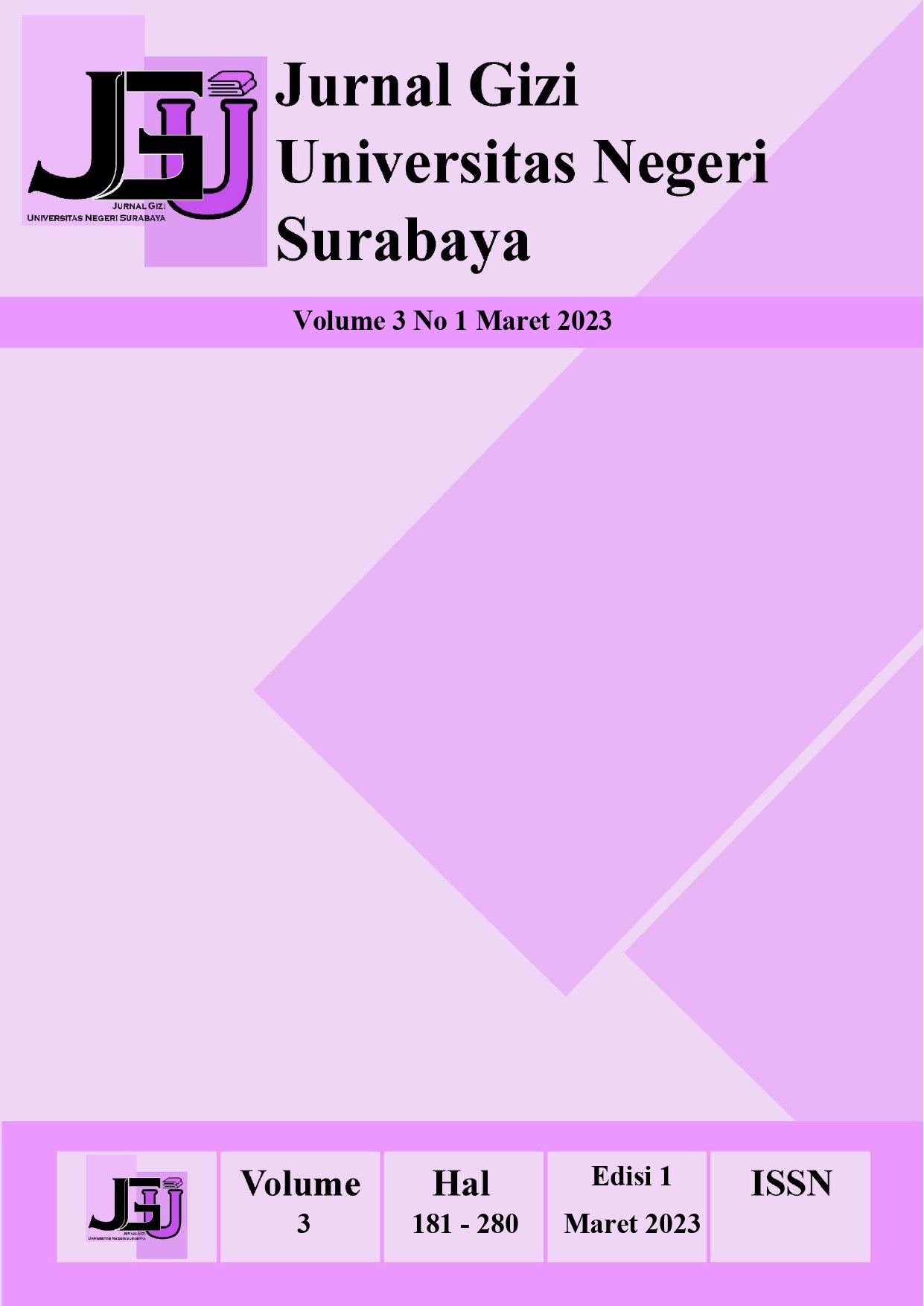QUALITATIVE STUDY OF SUCCESS FACTORS OF EXCLUSIVE BREASTFEEDING FOR WORKING MOTHERS IN THE WORK AREA OF PUSKESMAS BRAMBANG, JOMBANG REGENCY
Keywords:
Exclusive Breastfeeding, Success Factors, Working Mothers, Work From Home, Work From OfficeAbstract
Work is a challenge in exclusive breastfeeding. Working mothers find it difficult to provide exclusive breastfeeding because they experience insurmountable obstacles and poor lactation management. To be successful in giving exclusive breastfeeding requires various efforts from working mothers and the support of the surrounding environment. This study aims to explore the success factors of exclusive breastfeeding for working mothers in the working area of the Brambang Health Center, Jombang Regency. The method used is a qualitative descriptive where data is obtained through in-depth interviews. Informants were taken by purposive sampling, amounting to 5 people. Informant inclusion criteria were mothers who worked from home (WFH) or mothers who worked from an office (WFO), succeeded in giving exclusive breastfeeding, had children aged 6-24 months and were willing to become research informants. Data triangulation was carried out by interviewing husbands, relatives and health workers. The data collected was in the form of recorded interviews and field notes which were analyzed using the Collaizi technique. This study identified 4 successful factors for exclusive breastfeeding for working mothers, namely: 1) Knowledge and understanding of the importance of exclusive breastfeeding, 2) There is an intention to breastfeed, 3) Ability in lactation management, 4) Support during exclusive breastfeeding. Further research is needed with the addition of using the focus group discussion method in data collection and carrying out more data collection through supporting informants such as the work environment to strengthen data triangulation Keywords: Exclusive Breastfeeding, Success Factors, Working Mothers, Work From Home, Work From Office.Downloads
Download data is not yet available.
Downloads
Published
2023-03-20
How to Cite
Fadhila, F. N. and Ruhana, A. (2023) “QUALITATIVE STUDY OF SUCCESS FACTORS OF EXCLUSIVE BREASTFEEDING FOR WORKING MOTHERS IN THE WORK AREA OF PUSKESMAS BRAMBANG, JOMBANG REGENCY”, Jurnal Gizi dan Kesehatan Nusantara, 3(1), pp. 235–243. Available at: https://ejournal.unesa.ac.id/index.php/GIZIUNESA/article/view/50527 (Accessed: 18 February 2026).
Issue
Section
Artikel
 Abstract views: 161
,
Abstract views: 161
, PDF Downloads: 862
PDF Downloads: 862


